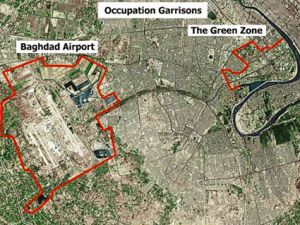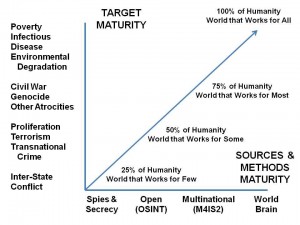
US: $6.6bn in Iraq aid ‘may have been stolen'
By David Usborne, US Editor
Tuesday, 14 June 2011
Years after American auditors said they had lost track of vast sums of reconstruction cash for Iraq in the wake of the ousting of Saddam Hussein they are now admitting for the first time that much of it was almost certainly stolen.
In a revelation that is stirring anger both on Capitol Hill and among Iraqi officials in Baghdad, the office that was created by the Bush administration to monitor efforts to get Iraq on its feet after the 2003 invasion is saying that $6.6bn (£4bn), all delivered in cash, cannot be accounted for.
Just how much of the missing money was pocketed either by US contractors or Iraqis is not clear, nor is it likely that a full picture of what happened will ever be painted. Even so, Stuart Bowen, who runs the monitoring office, says that the errant billions may represent the “largest theft of funds in national history”.
Phi Beta Iota: This is old news and it was much more. By one account, Paul Bremer was unable to account for over $10 billion in shipped cash (12 airplanes, $2 billion each, rough estimate $24 billion. That is completely apart from the fact that we paid tens of millions to US contractors when local engineers who built the originals were asking for hundreds of thousands.
See Also:
Continue reading “US Billions in Cash Stolen in Early Days of Iraq II”








